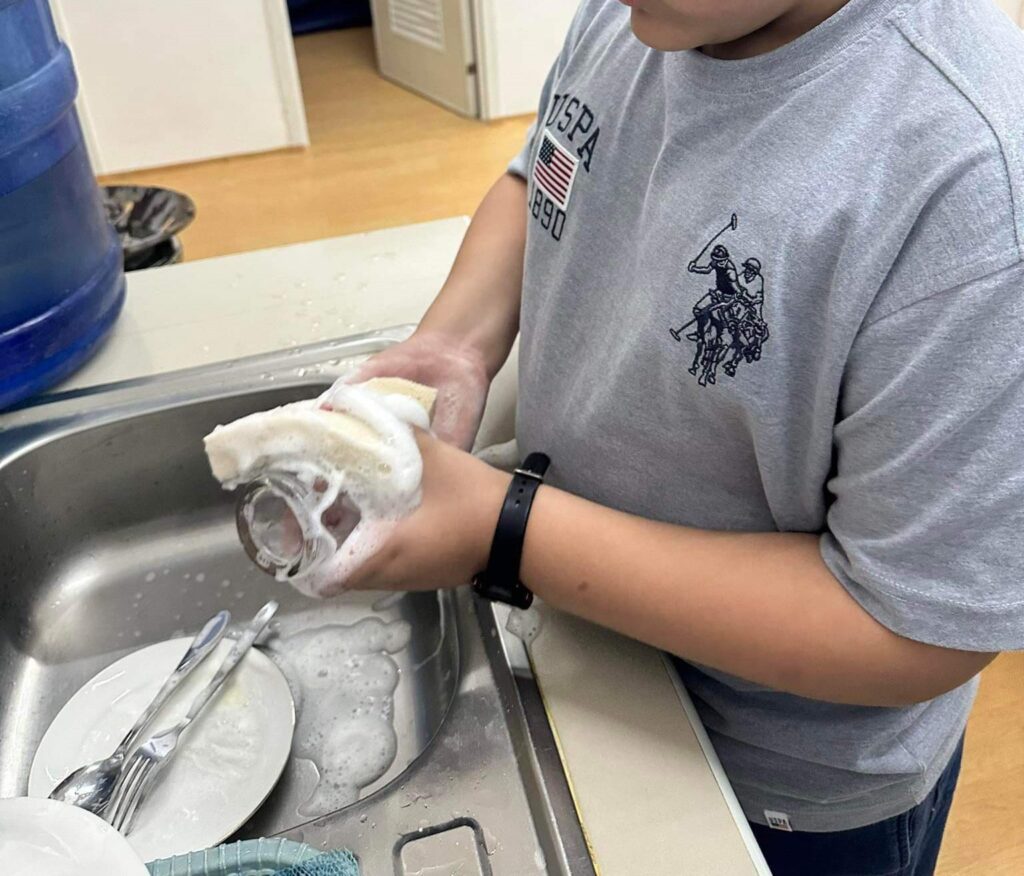Acquiring the abilities relating to ADLs is a developmental process that is considered to be an essential part of the childhood development process and encompasses basic activities that involve proper hygiene, feeding, dressing, washing, and other basic necessities of life.
These include simple personal cares that require human attention, like dressing, and bathing, among others they also include comparatively more complicated chores lia; meal preparations, and cleaning, among others. Babyhood is not simply a period in which children have the capability for self-care but one during which they become able to function independently and safely and gain in motor and cognitive skills and social and emotional development.
It causes children to develop the skills outlined above that will enable them to become competent and independent adults someday. It becomes clear why ADLs are so important in order understanding that parents, educators and caregivers should not only pay attention to these skills development in children but also encourage this process.
Learning the activities of daily living (ADLs) is crucial for children for several reasons, as it significantly contributes to their overall development and independence. Here are some key points highlighting the importance:
- Fostering Independence
Self-Reliance: Mastery of ADLs helps children become more self-reliant, reducing their dependence on caregivers for basic tasks.
Confidence Building: Successfully performing ADLs boosts children’s confidence and self-esteem, as they feel capable of taking care of themselves. - Development of Motor Skills
Fine Motor Skills: Tasks like buttoning shirts, tying shoelaces, and brushing teeth improve fine motor skills and hand-eye coordination.
Gross Motor Skills: Activities like dressing and undressing or climbing into bed enhance gross motor skills and overall physical coordination. - Cognitive Development
Problem-Solving: ADLs often require children to think critically and solve problems, such as figuring out the sequence of getting dressed.
Memory and Sequencing: Remembering the steps involved in tasks like making a bed or setting a table helps develop memory and sequencing abilities. - Social and Emotional Growth
Responsibility: Learning ADLs instills a sense of responsibility and accountability in children, as they take charge of their personal care.
Social Skills: Participating in shared household chores promotes teamwork and cooperation, essential for social interaction. - Health and Hygiene
Personal Hygiene: Activities like brushing teeth, bathing, and washing hands teach children about maintaining personal hygiene, which is crucial for their health.
Nutrition: Learning to prepare simple meals or snacks can lead to better understanding and choices regarding nutrition. - Safety Awareness
Risk Management: Knowing how to perform tasks safely, such as handling kitchen tools or understanding road safety while crossing streets, enhances their awareness of potential dangers.
Emergency Skills: Basic skills like knowing how to dial emergency services or recognizing fire safety procedures can be life-saving. - Preparation for Future
School Readiness: ADLs prepare children for school, where they need to manage their belongings, follow routines, and care for themselves.
Lifelong Skills: These skills form the foundation for more complex tasks they will encounter as they grow older, facilitating a smoother transition into adulthood. - Enhancing Family Dynamics
Contribution to Household: When children participate in household chores, it lightens the load for other family members and promotes a sense of belonging and contribution.
Strengthening Bonds: Shared activities and responsibilities can strengthen family bonds and improve communication and cooperation within the family unit.
In summary, learning the activities of daily living is essential for children as it supports their physical, cognitive, social, and emotional development, preparing them for a more independent and capable future.

